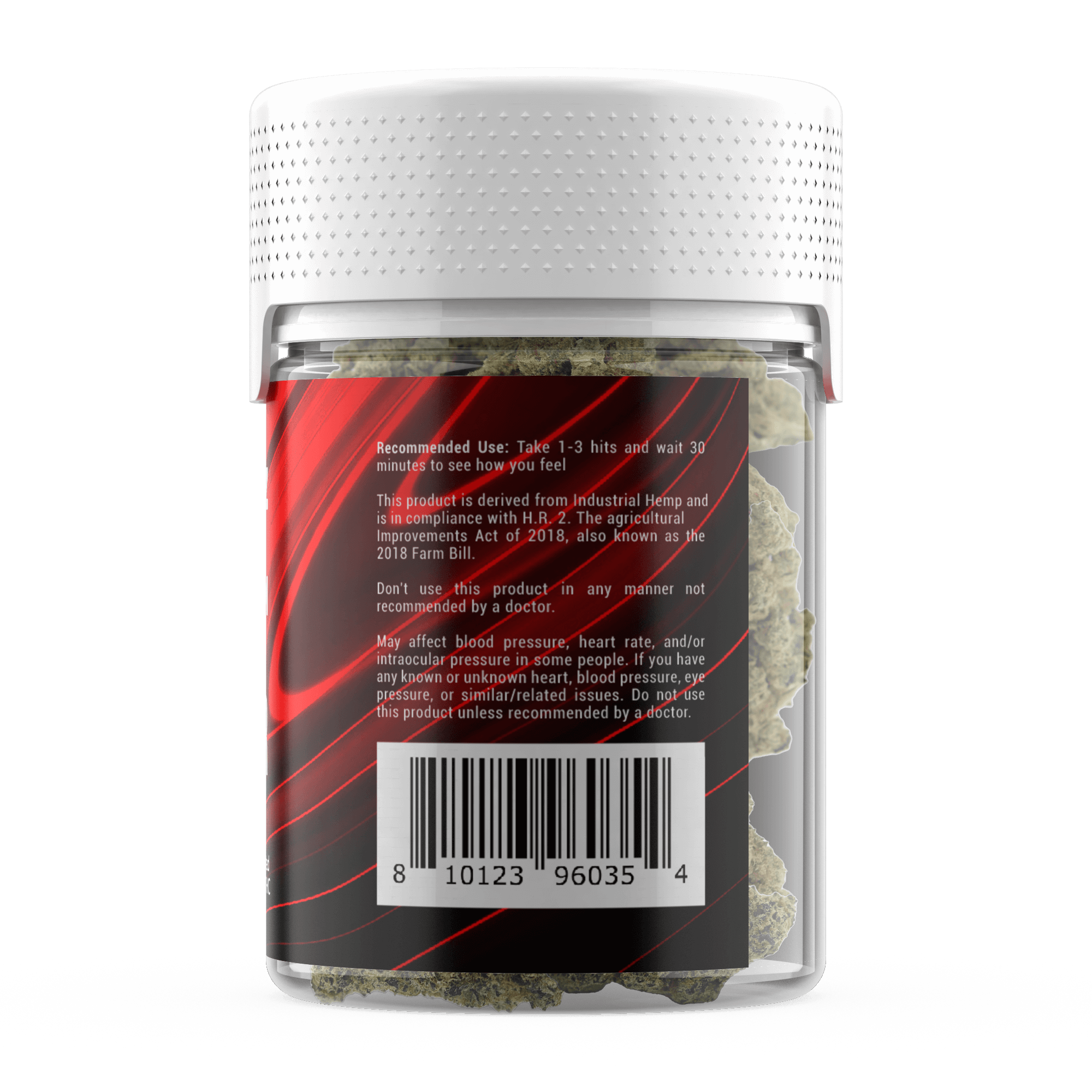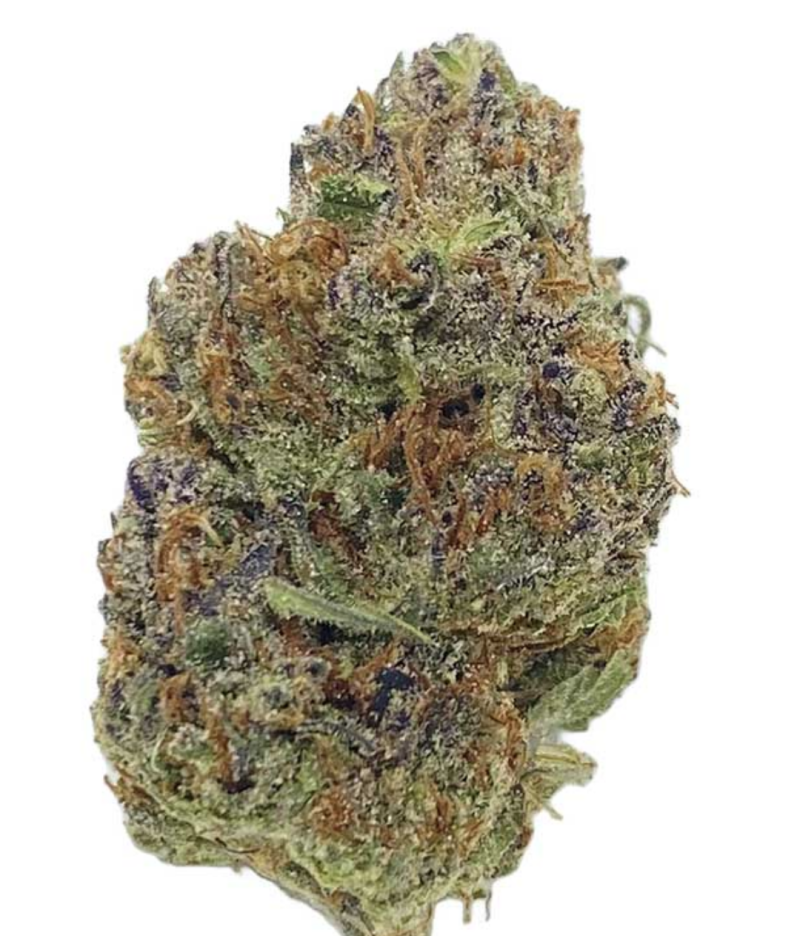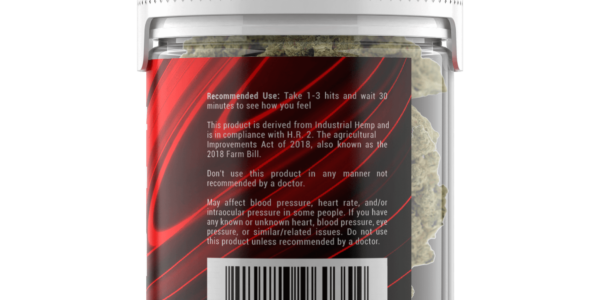THCA Flower And It’s Promise In Epilepsy Treatment
In recent years, the therapeutic benefits of cannabis have gained significant attention, with researchers exploring various cannabinoids and their potential applications in treating a wide range of medical conditions. One cannabinoid that has sparked particular interest is tetrahydrocannabinolic acid (THCA). Derived from the cannabis plant, THCA flower holds promise in epilepsy treatment, offering hope to patients who have not found relief through conventional medications.
Understanding THCA and Its Properties
THCA is a non-intoxicating cannabinoid found in raw cannabis plants, particularly in the trichomes, which are small, crystal-like structures that cover the flowers and leaves. When exposed to heat, THCA undergoes decarboxylation, converting into the more well-known compound, THC (delta-9-tetrahydrocannabinol), which is psychoactive. However, THCA itself does not produce the psychoactive effects commonly associated with THC, making it an attractive option for medical use.

Exploring the Potential of THCA Flower in Epilepsy Management
Epilepsy is a neurological disorder characterized by recurrent seizures, which can vary in severity and frequency. While traditional antiepileptic drugs (AEDs) are effective for many patients, a significant percentage experience inadequate seizure control or intolerable side effects. This has led researchers to investigate alternative therapies, including cannabinoids like THCA.
Studies have shown that cannabinoids, including THCA, have anticonvulsant properties, suggesting their potential utility in managing epilepsy. THCA interacts with the endocannabinoid system (ECS), a complex network of receptors and neurotransmitters regulating various physiological processes, including neuronal excitability. By modulating the ECS, THCA may help stabilize neuronal activity and reduce the frequency and severity of seizures.
Moreover, THCA exhibits anti-inflammatory and neuroprotective effects, which could further contribute to its therapeutic benefits in epilepsy treatment. Chronic inflammation and neuronal damage are believed to play a role in the development and progression of epilepsy, and compounds with anti-inflammatory and neuroprotective properties may help mitigate these processes, potentially improving seizure control and overall neurological function.
Challenges and Considerations
While the preliminary research on THCA and epilepsy is promising, several challenges and considerations remain. Clinical trials are needed to evaluate the safety, efficacy, and optimal dosing of THCA in epilepsy patients.
Additionally, regulatory hurdles and legal restrictions surrounding cannabis research and use may hinder progress in this field. Researchers, healthcare professionals, policymakers, and patients need to collaborate and advocate for further research and access to cannabinoid-based therapies for epilepsy and other medical conditions.

Conclusion
In conclusion, hemp flower holds significant promise as a potential treatment for epilepsy, offering a non-intoxicating alternative to traditional antiepileptic drugs. Its anticonvulsant, anti-inflammatory, and neuroprotective properties make it a compelling candidate for further investigation.
However, more research is needed to fully understand its therapeutic effects, optimal dosing strategies, and long-term safety profile. With continued scientific inquiry and regulatory support, THCA could emerge as a valuable addition to the armamentarium of epilepsy treatments, providing hope and relief to patients living with this challenging condition.

